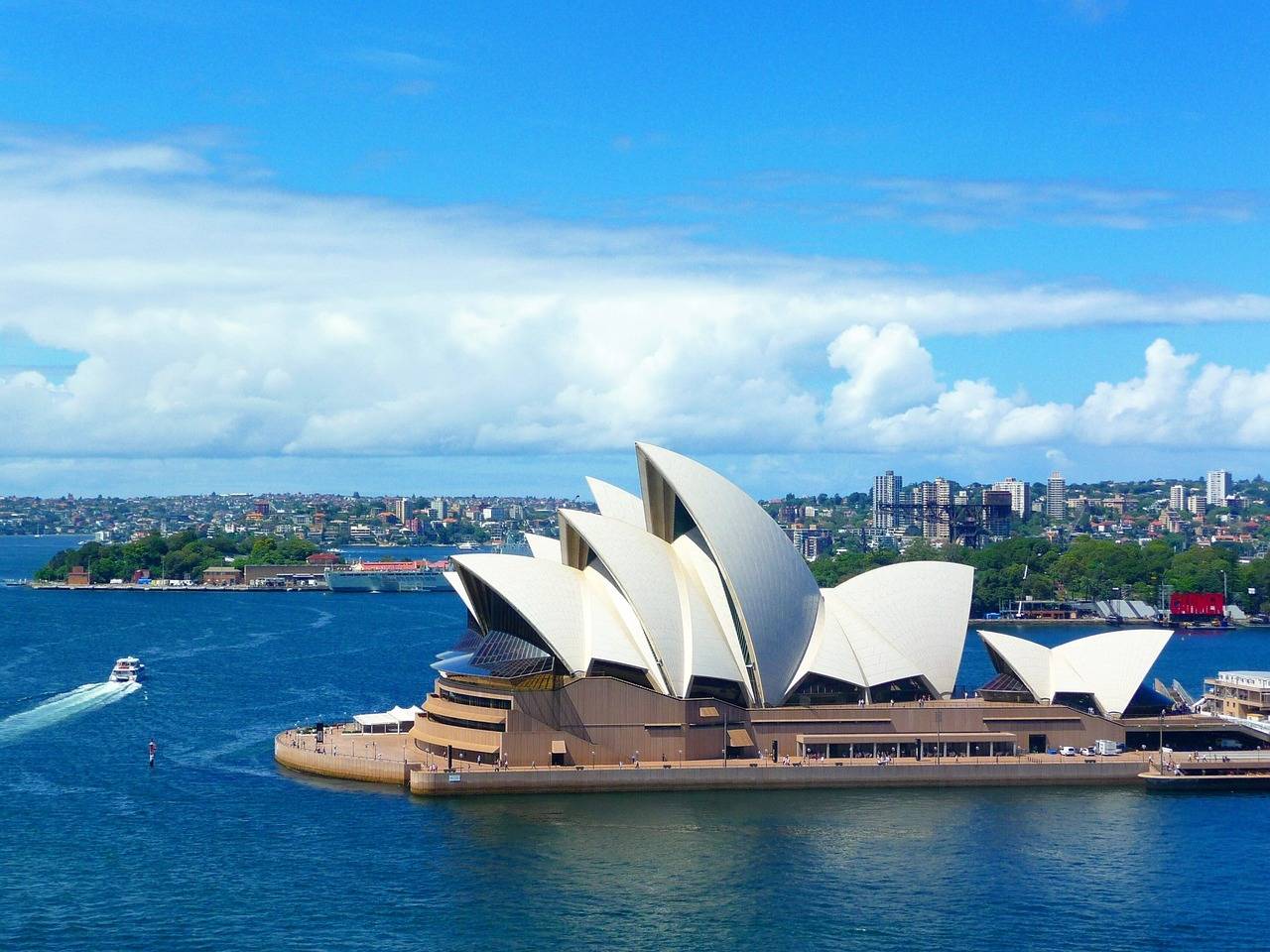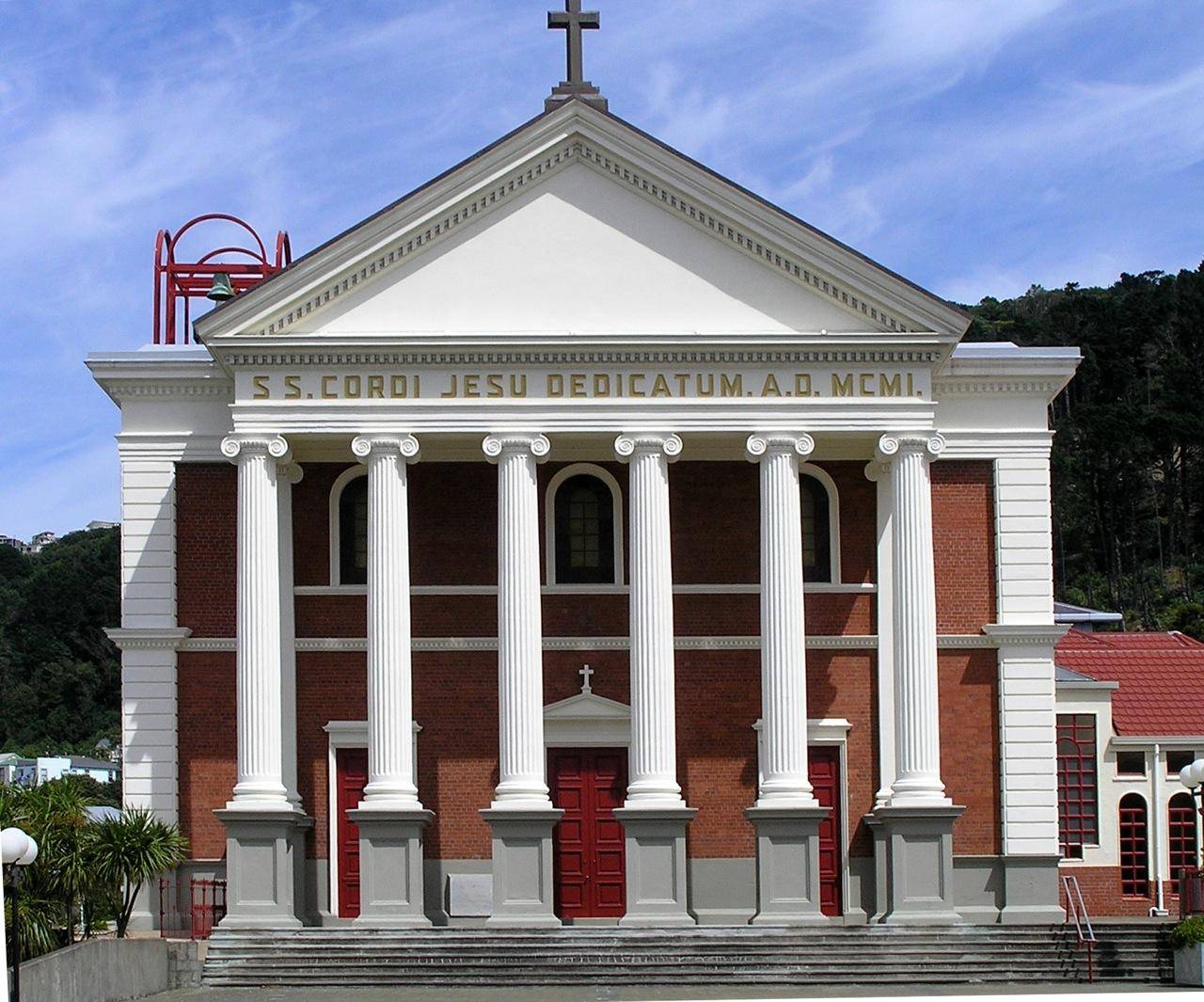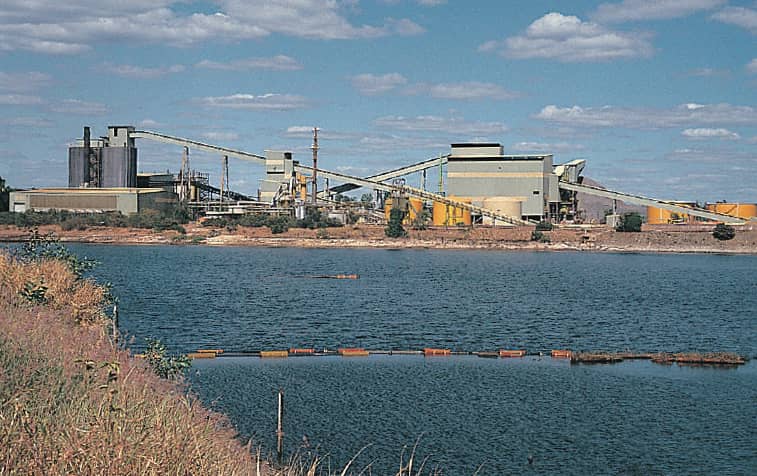Archbishop Anthony Fisher of Sydney says it’s “disgraceful and dishonorable” that the Australian state of New South Wales has failed to enact a law against modern slavery passed in 2018.
The Modern Slavery Act 2018 (NSW) was passed by both houses of the state legislature and given the royal assent, the usual process for enacting legislation in Australia. However, the legislature deferred the commencement of the legislation – an very unusual step – and it has languished every since.
Critics charge that the state’s business interests opposed the stringent reporting requirements to establish a slavery-free supply chain. Opponents of the New South Wales law argue it wasn’t necessary after Australia-wide legislation was enacted in 2019, although the national law often has lighter penalties than the state law.
“I didn’t dream that a law, passed by both houses of our state parliament and given the Royal assent, with wide public support and in keeping with the best of our Christian anti-slavery and secular human rights traditions, would be blocked from coming into force by a democratic government,” Fisher said on July 29.
“So now we have a NSW government anti-slavery website, decrying this as an evil affecting at least 40 million people worldwide and thousands in Australia, a Legislative Council Standing Committee recommending (following an unnecessary review) that the Act be allowed to enter into operation, and a Government still stalling for time,” the archbishop said.
“’Disgrace and dishonor: It has been that for many years our community was blind, deaf and mute to the problem of modern slavery and human trafficking. But how much more disgraceful and dishonorable after it has publicly recognized this evil, moved to eradicate it from our supply chains and by other action, and then thwarted such measures apparently so businesses and consumers may continue to benefit from slavery,” he said.
He was speaking at the launch of the Annual Report of the Australian Catholic Anti-Slavery Network.
The 2019-20 report cited statistics that an estimated 15,000 people are living in slavery-like conditions in Australia, with the most vulnerable being people who hold temporary visas, migrants and new arrivals to the country. This includes those on sponsored employment visas that bond them to their employer, seasonal workers from the Pacific, international students and asylum seekers.
“All are vulnerable to exploitation across different industry sectors, but particularly agriculture, food processing, cleaning and security, waste management, domestic work, building and construction,” the report says.
Fisher said the launch of the report was an opportunity to “not lose hope or determination to keep the anti-slavery momentum going.”
“Yet the people gathered here today know that the era of slavery is not over; that modern slavery and human trafficking are realities in modernity, and that attempts to get our parliaments to recognize the reality and prohibit the practice (including prohibiting profiting from it) are as necessary today as they were 229 years ago,” he said, referring to when anti-slavery activist William Wilberforce first proposed to end the slave trade in the British parliament.
There are hopes that the New South Wales law might finally come into effect. On March 25, the social issues committee of the state legislature presented its final report on the law to parliament, recommending it come into force by January 1, 2021.
Fisher noted that at the time the legislation was proposed, the government called it a “moral imperative,” and that New South Wales “was offering the nation and the world a lead in this, by holding to a higher standard than many.”
Follow Charles Collins on Twitter: @CharlesinRome


















